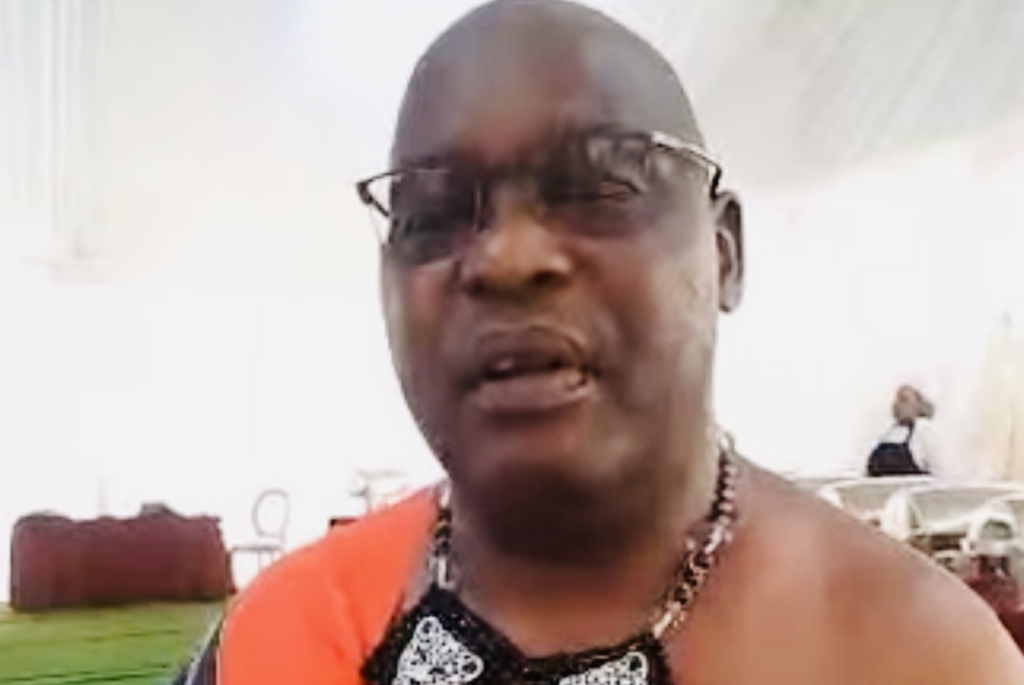Power and Impunity: When Justice Becomes a Privilege in Eswatini

In Eswatini, injustice thrives under the shadow of an oppressive regime that has long neglected the rights and dignity of its people. The recent disturbing allegations against Government Spokesperson Alpheous Nxumalo starkly underline the pervasive corruption and impunity that plague our nation.
It has surfaced that Nxumalo stands accused of raping the two children of his close friend, a junior Pastor under Pastor Mhlanga. The allegations are deeply troubling—suggesting that Nxumalo deceitfully visited the family under the guise of friendship, only to abuse and exploit innocent minors. Even more unsettling is the claim that Nxumalo misused his political power to block the family’s attempts to report these horrific crimes to the police, effectively silencing their pleas for justice.
According to credible sources, Reverend Senzo Hlatjwako led a delegation to Prime Minister Russell Mmiso Dlamini’s residence in Tubungu last Monday, directly addressing these allegations. Given that the Prime Minister concurrently serves as Minister of Police, the delegation sought intervention at the highest levels, reflecting a profound distrust in the normal channels of justice—channels manipulated regularly by those who enjoy political favoritism.
Nxumalo, reportedly seeking renewal of his government contract, seems to have weaponized his political affiliations to protect himself from accountability. Disturbingly, evidence from state intelligence suggests powerful individuals within his political circle aided in sabotaging the investigation, thus rendering the police system ineffectual. When contacted, Nxumalo declined to comment, hiding behind the protective walls of the very regime that empowers him. Reverend Hlatjwako similarly remained unreachable, although his role in the delegation is documented by intelligence sources.
This scandal is neither isolated nor unprecedented. It symbolizes the broader systemic rot within our country, where influential figures—often politically connected—can freely commit crimes without consequence. We have previously witnessed similar miscarriages of justice; notably, Prince Sicelo’s alleged rape of a university student was deliberately mishandled, despite vocal protests by women’s rights activists. Senior Superintendent Clement Sihlongonyane, instrumental in derailing that case, embodies the widespread institutional corruption that routinely denies justice to victims.
Moreover, Nxumalo’s public contradictions about his HIV status, initially confessing to being HIV-positive in a church gathering and later denying it under oath in court, casts further shadows on his integrity. Such contradictions raise concerns about the health implications for the young victims, magnifying the tragedy of these allegations.
Eswatini continues to grapple with an oppressive monarchy-led regime where power is concentrated among a privileged few. The failure to protect vulnerable citizens, particularly women and children, demonstrates a callous disregard for basic human rights. Justice, tragically, remains inaccessible to ordinary emaSwati, perpetuating cycles of abuse, fear, and silence.
As we denounce the absolute monarchy, we must amplify our calls for transparency, accountability, and meaningful justice reform. We cannot afford to remain passive while those in power continually exploit our people. Only when the citizens of Eswatini rise collectively to reclaim their power, demanding freedom and justice, will true change be possible.



